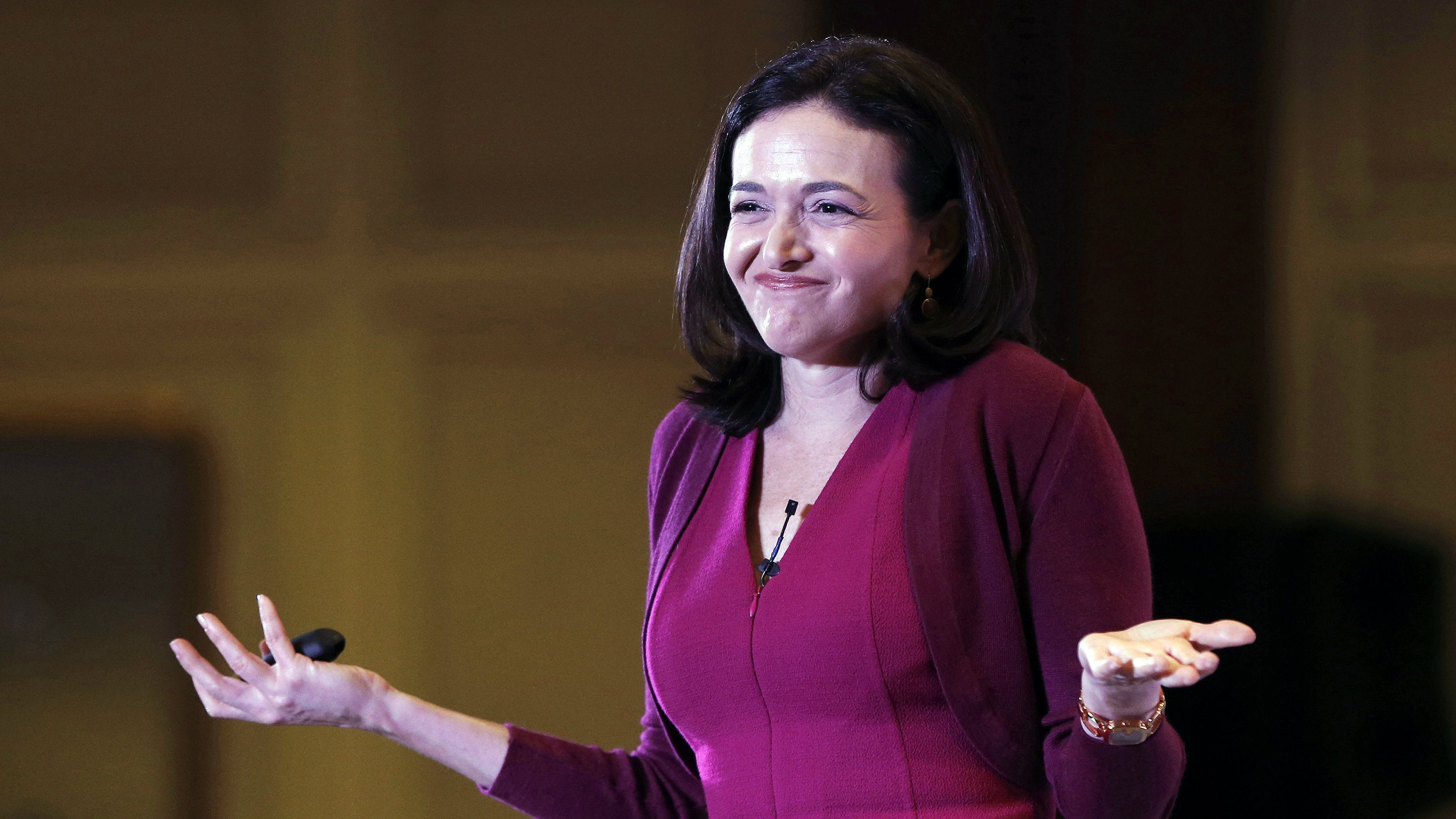Eight words that reveal the sexism at the heart of the English language
Marlene Breverman stashed this in Language
As Oxford Dictionaries comes under fire for sexist definitions, the history of terms that refer to women shows how deep negative attitudes go
http://www.theguardian.com/commentisfree/2016/jan/27/eight-words-sexism-heart-english-language
Stashed in: Words!, Sexism, XX, Language, Sexism
"Linguists call it collocation: the likelihood of two words occurring together. If I say “pop”, your mental rolodex will begin whirring away, coming up with candidates for what might follow. “Music”, “song” or “star”, are highly likely. “Sensation” or “diva” a little less so. “Snorkel” very unlikely indeed.
What do you think of when I say the word “rabid”? One option, according to the dictionary publisher Oxford Dictionaries, is “feminist”. The publisher has been criticised for a sexist bias in its illustrations of how certain words are used. “Nagging” is followed by “wife”. “Grating” and “shrill” appear in sentences describing women’s voices, not men’s."
It's a good point. We have to be careful when choosing our words.
Well I'm not using the word "madam" again, that's for sure.
Madam
The female equivalent of “sir”, a woman of high rank, is still used in formal contexts as a mode of address. From the late 18th century it was also used to mean “a conceited or precocious girl or young woman; a hussy, a minx”, alternatively, a kept mistress or prostitute, and finally, from the late 19th century, the female manager of a brothel.
Am I wrong here? Rare is the woman who looks forward to being ma'am-ed.
You're not wrong. So what's a good word to say? Miss?
Miss works for me.
Miss it is then, Miss Geege!











8:44 AM Jan 27 2016